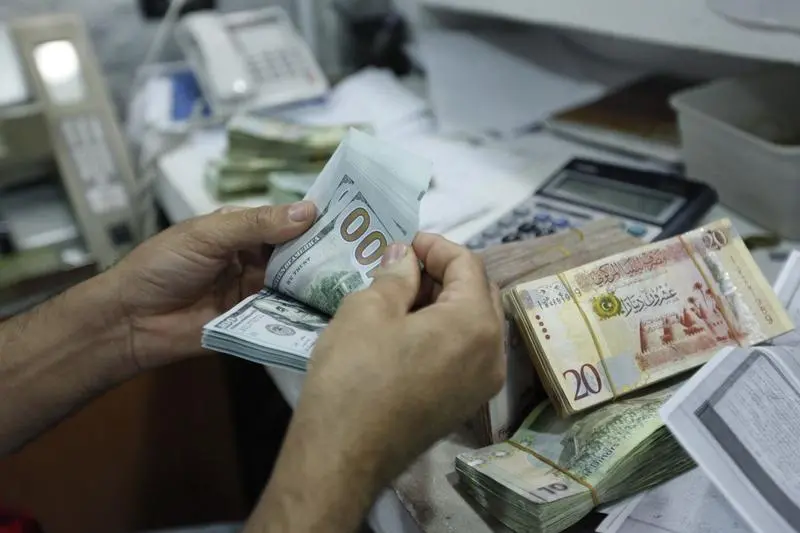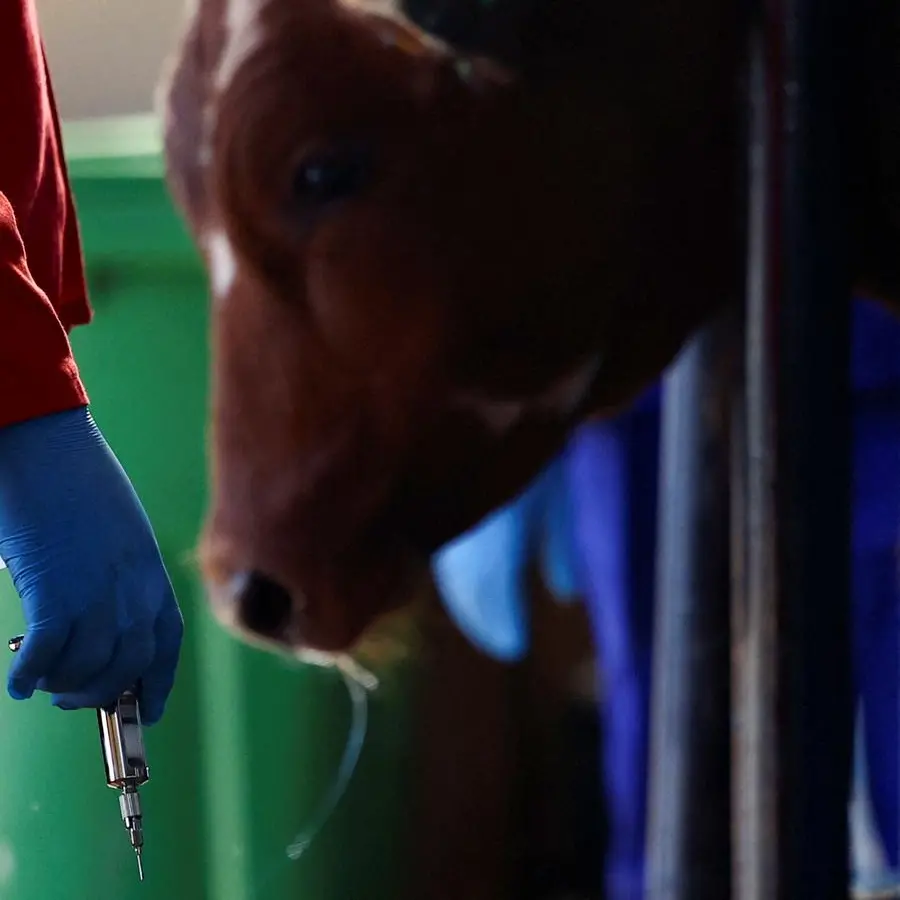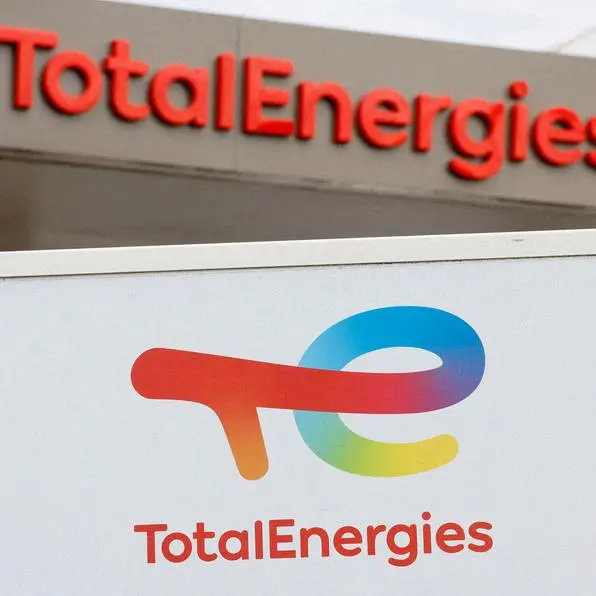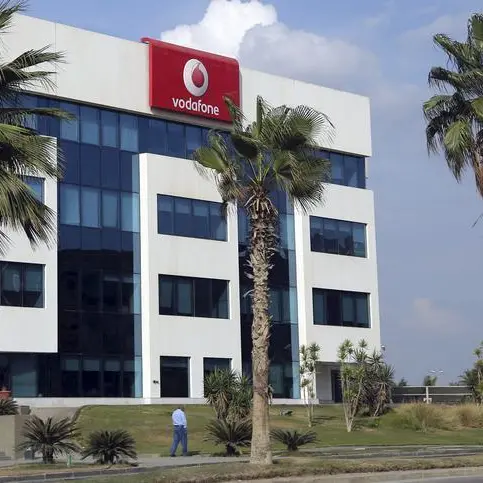PHOTO
LONDON- Ali Shamekh has resigned from his position as chief executive of Libya's contested sovereign wealth fund, saying divisions within Libya had made it impossible for him to implement a viable programme, according to a statement.
The $66 billion Libyan Investment Authority (LIA) has long been hobbled by a leadership dispute, reflecting the divided nature of the country.
Shamekh, who has held a number of senior positions in Libya, including chief executive of Libya Oil Holdings and TAMOIL Africa Holdings, was appointed chief executive of the LIA in August 2016 by authorities in the east of the country.
In an interview with Reuters in March 2017, Shamekh said he had been working hard "since day one" to unite the LIA.
But in July 2017, the U.N.-backed Government of National Accord (GNA) in Libya appointed a board of trustees and board of directors for the fund. The board of directors is headed by Ali Mahmoud Hassan Mohamed.
The GNA's Steering Committee for the fund, set up the previous year, had been challenged by AbdulMagid Breish, who was appointed LIA chairman in Tripoli in 2013.
In his statement, Shamekh said that since his appointment he had made continuous appeals emphasising the importance of uniting the LIA and keeping it free from political divisions and tensions.
"We have constantly warned that this division poses great threats over the LIA's funds and its administrative and legal position," he said.
Despite his attempts, divisions within Libya had made it impossible to implement a viable programme to protect and enhance the LIA's assets, he added.
"In such circumstances, I find myself compelled to resign from my position as chief executive officer of the Libyan Investment Authority," he said. He also reiterated his warning regarding the risks facing the LIA's funds and assets if there was no unity within the LIA.
(Reporting by Claire Milhench; Editing by Alison Williams) ((mailto:claire.milhench@thomsonreuters.com; +44)(0)(207 542 3571; Reuters Messaging: rm://claire.milhench.thomsonreuters.com@reuters.net))





















